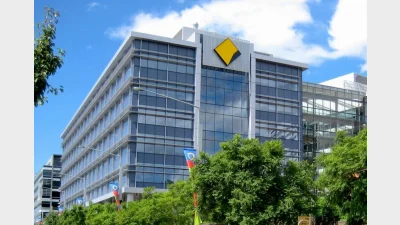AUSCOAL's agriculture investment
AUSCOAL Super has emerged as one of the first investors in the Sustainable Agriculture Fund (SAF), investing $27 million into the product.
The investment, which is being funded from regular inflows, is intended to give AUSCOAL a diversified geographic exposure to cropping, livestock, dairy and poultry.
Commenting on the investment, AUSCOAL chief executive Bruce Watson said the Sustainable Agriculture Fund represented a compelling investment opportunity because there existed an alignment of business philosophy with respect to sensitivity to environmental and social issues.
He said the SAF would employ sustainable business practices that were aligned to the contemporary environment, social and governance concerns of AUSCOAL Super.
Watson said agricultural investments typically had low to negative correlations to the major asset classes, meaning that the SAF would provide AUSCOAL Super with an exposure to soft commodities and rural land, which was expected to provide a stable income and capital return over the longer term.
Recommended for you
Introducing reforms for strengthening simpler and faster claims handling and better servicing for First Nations members are critical priorities, according to the Super Members Council.
The Commonwealth Bank has warned that uncapped superannuation concessions may be “unsustainable” and has called for the introduction of a superannuation cap.
Superannuation funds have posted another year of strong returns, but this time, the gains weren’t powered solely by Silicon Valley.
Australia’s $4.1 trillion superannuation system is doing more than funding retirements – it’s quietly fuelling the nation’s productivity, lifting GDP, and adding thousands to workers’ pay packets, according to new analysis from the Association of Superannuation Funds of Australia (ASFA).









